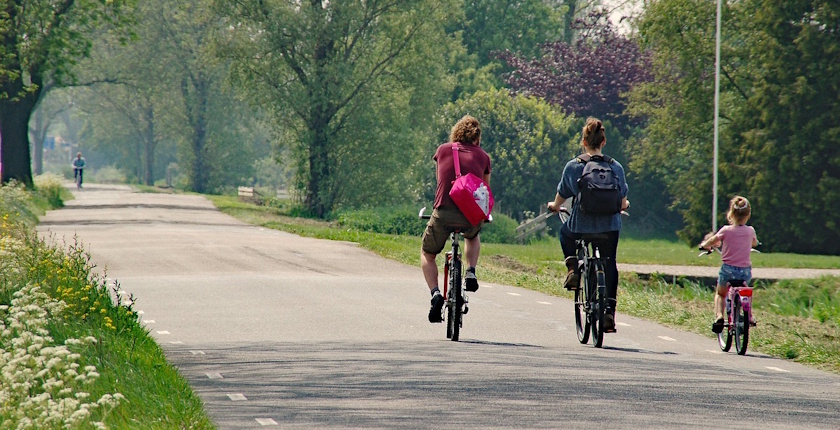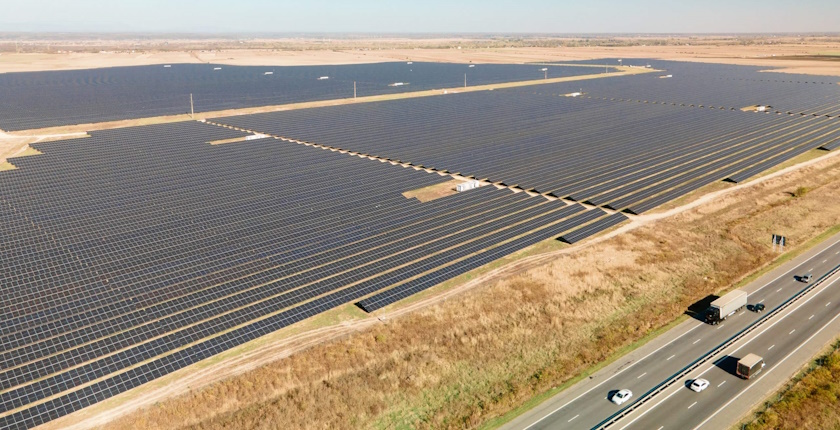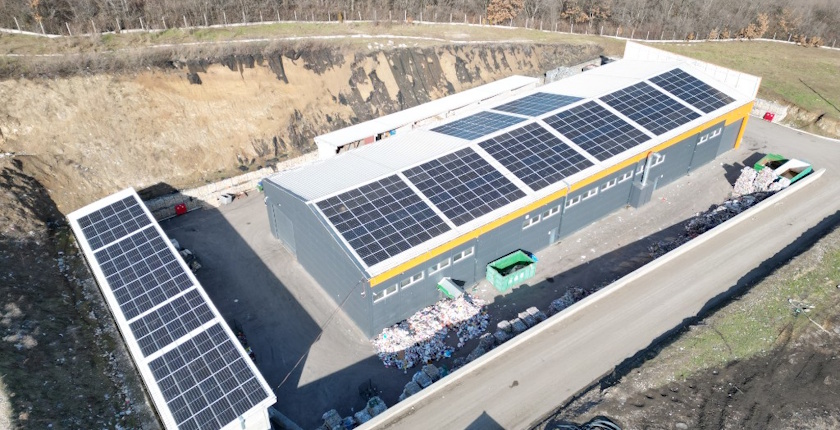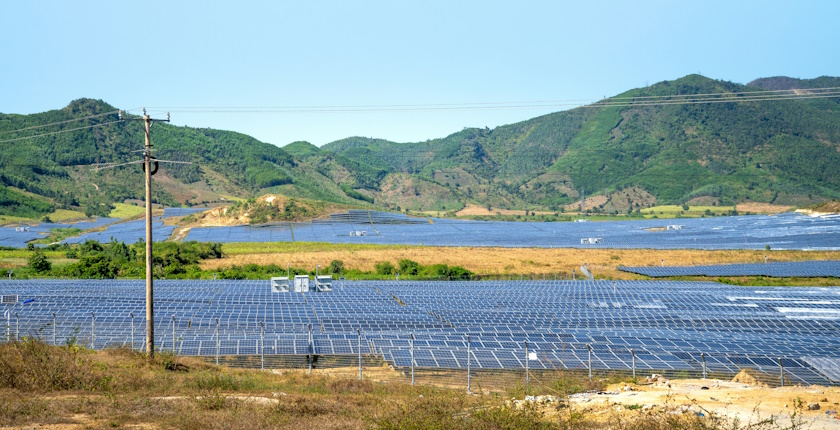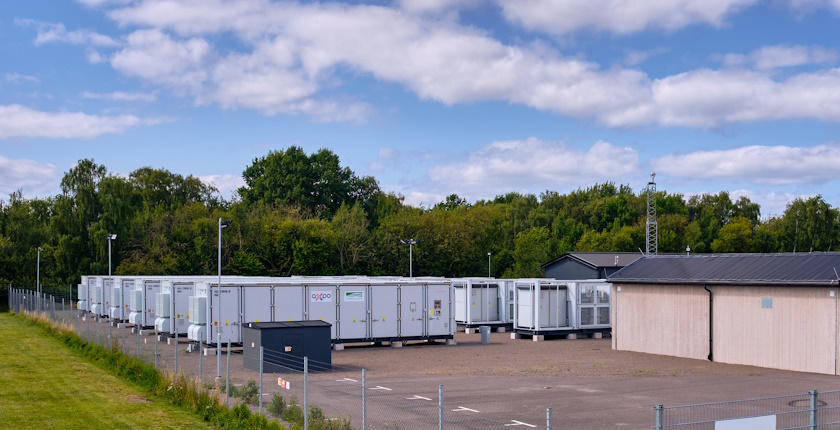
Green light for one of first standalone battery investments in Cyprus
The Cypriot Department of Environment has approved the project for what is set to become one of the country’s first battery energy storage systems. HESS Hybrid Energy Storage Systems is planning to install a 59 MW facility with a capacity of 120 MWh, which would ease the strain on the European Union’s only non-interconnected electricity grids.
Pressured by curtailments of renewable electricity and frequent outages amid a lack of flexibility, Cyprus is in a rush to install battery energy storage systems (BESS). Stabilizing the grid is challenging also because of delays in the introduction of gas and the Great Sea Interconnector project, as the island country is the only one in the European Union without a power transmission link to the rest of the 27-member bloc.
Soon after state-owned Electricity Authority of Cyprus (EAC) launched a tender for a contractor for two BESS facilities, a private firm received a green light from the Department of Environment for a planned investment.
HESS Hybrid Energy Storage Systems is developing a project for a standalone battery system with 59 MW in operating power, which would consist of just as many units. Having 2 MWh in capacity each, the installation would amount to 120 MWh in nominal terms.
Water protection, relocation of olive trees are among obligatory measures
The department ruled that an environmental impact study isn’t required, but under several mitigation measures. For instance, the developer must deliver excess excavation material to a licensed entity, and use surface soil for landscaping.
Olive trees would be removed, and the groundwater and local water stream protected. The project involves underground cabling and wetting to contain dust during construction.
Grid development plan indicates 2029 for commissioning
The 4.9-hectare location is in Psevda in Larnaca district, near the 10.8 MW Ayia Anna (Agia Anna) wind park. The BESS would have a 50 MW connection to the 132 kV transmission grid, and an effective storage capacity of 100 MWh, documentation shows.
It would include an on-site substation, eight medium-voltage transformer units and 259 converters. The Electricity Authority of Cyprus plans to upgrade the nearby Psevdas high-voltage substation by 2029 to integrate the standalone battery system.
Construction work is expected to last ten months, while the cost of the BESS project is valued at EUR 22 million.


